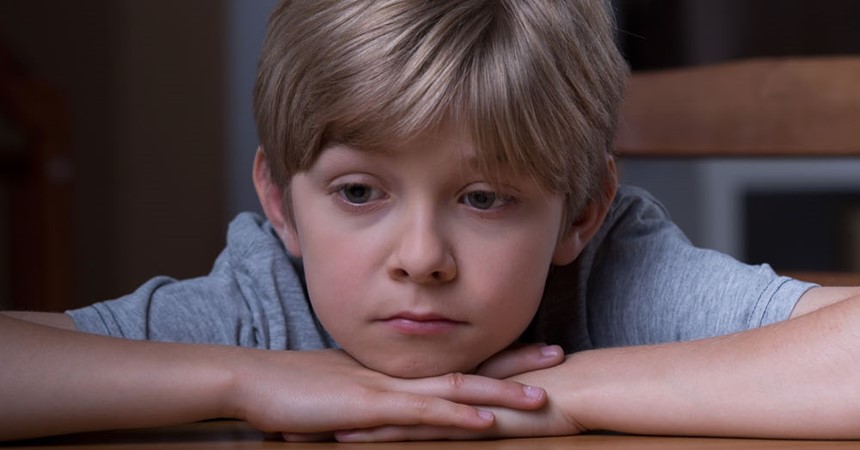A At the age of seven, a child’s understanding of life and death is only starting to develop. It is not unusual for a seven-year-old to express confusion about death and many young children still believe death is not permanent. Their ability to process information and think logically is in the very early stages at this age so it is understandable that your son has become frightened.
Talking about death with a child of any age is difficult, but this is an important conversation to have now with your son. It may take some time for him to sleep in his own bed again but with reassurance and honesty, things will improve. Reassurance alone though is not enough. If we tell a young child that he won’t die in his sleep, he will probably not believe us. Telling your son the truth about death, with age-appropriate information, will be a positive step in helping him to make sense of what has happened, and why.
Consider the following tips when having this conversation and also be prepared for questions from your son:
- It is natural for us to want to protect our children from difficult news and many parents tell their child that a loved one has “passed away”, or that s/he died peacefully while asleep or that their loved one has “gone to heaven”. It is important to use the word “death” or “died” so that they know this is very different from going to sleep or going to a place called “heaven” (remember your child may not even know what this is). This conversation is not about whether heaven exists; this is a conversation about what death is.
- Describe why your father-in-law became unwell and sadly, died. Talk about what cancer is and how it makes someone very, very sick. Describe what happens to the human body when someone is very sick in a way that your son will understand. You may give specific information such as, “When someone has cancer, this means that some parts of their body cannot work very well, and when this happens, and the doctors try everything they can, the person sometimes dies. When someone dies, this means they cannot walk again, they cannot breathe, they cannot wake up again and do the things you can do.” You want to make it clear that going to sleep does not make someone die – rather, being very sick and not being able to make the cancer go away is the reason that someone can die. You can also reassure your son that this is why he won’t die in his sleep and neither will you, as you are not very sick like your father-in-law was.
- It’s okay for your son to see you being emotional. If this does happen, let him know why you are sad. You might say, “I am feeling sad because grandpa died and I won’t see him again.”
My advice may seem factual and quite clinical. I don’t want to take away from the grief and loss surrounding your father-in-law’s death but it seems that your son has had an emotional reaction due to confusion. Once you have helped your son to understand the facts, then you, with your son, can focus on grieving in whatever way helps.























































































